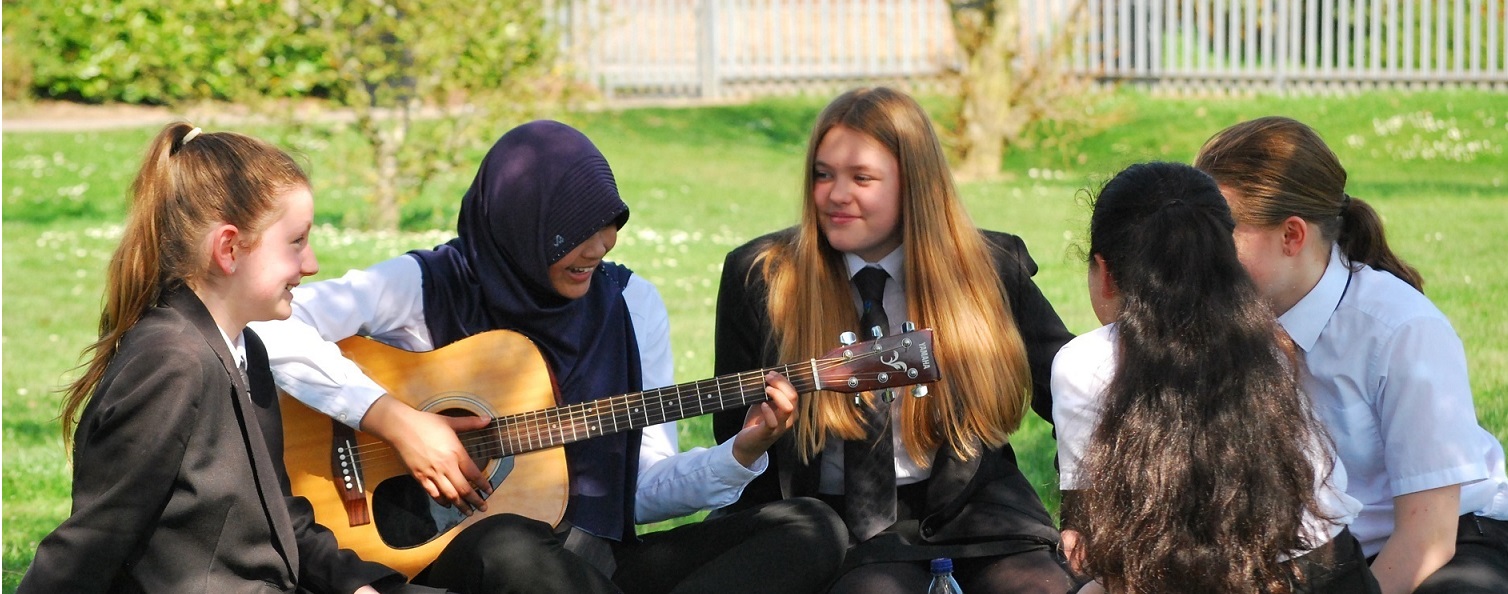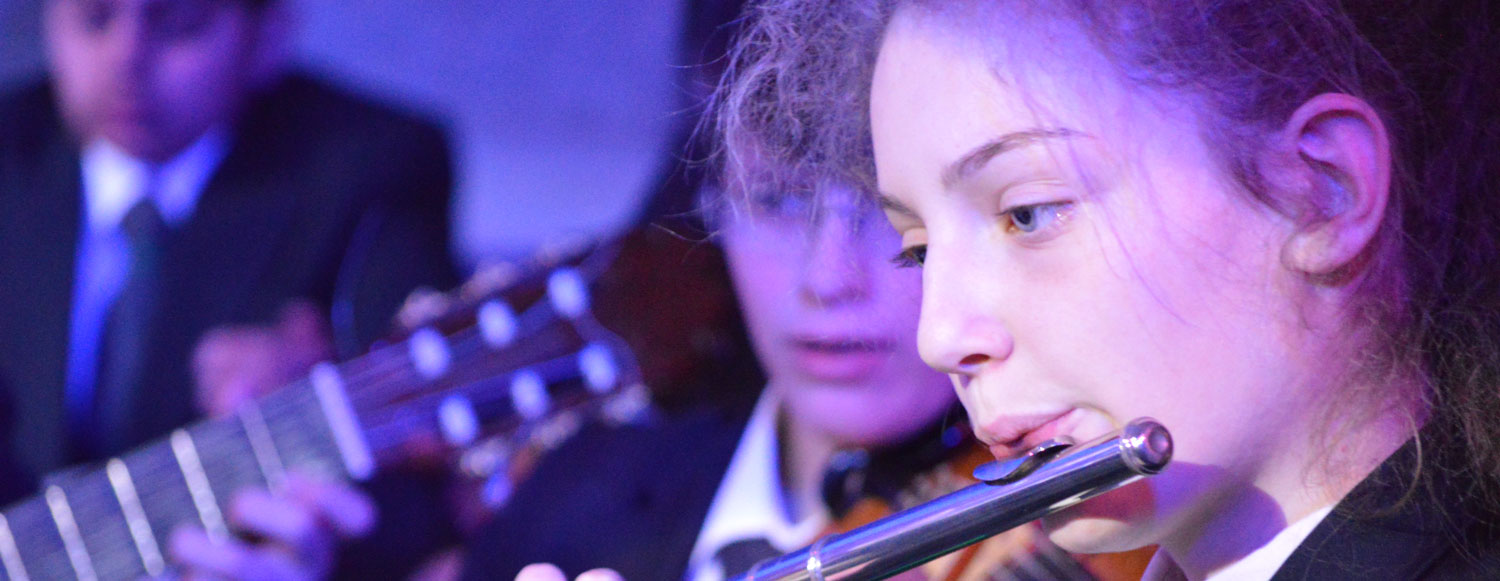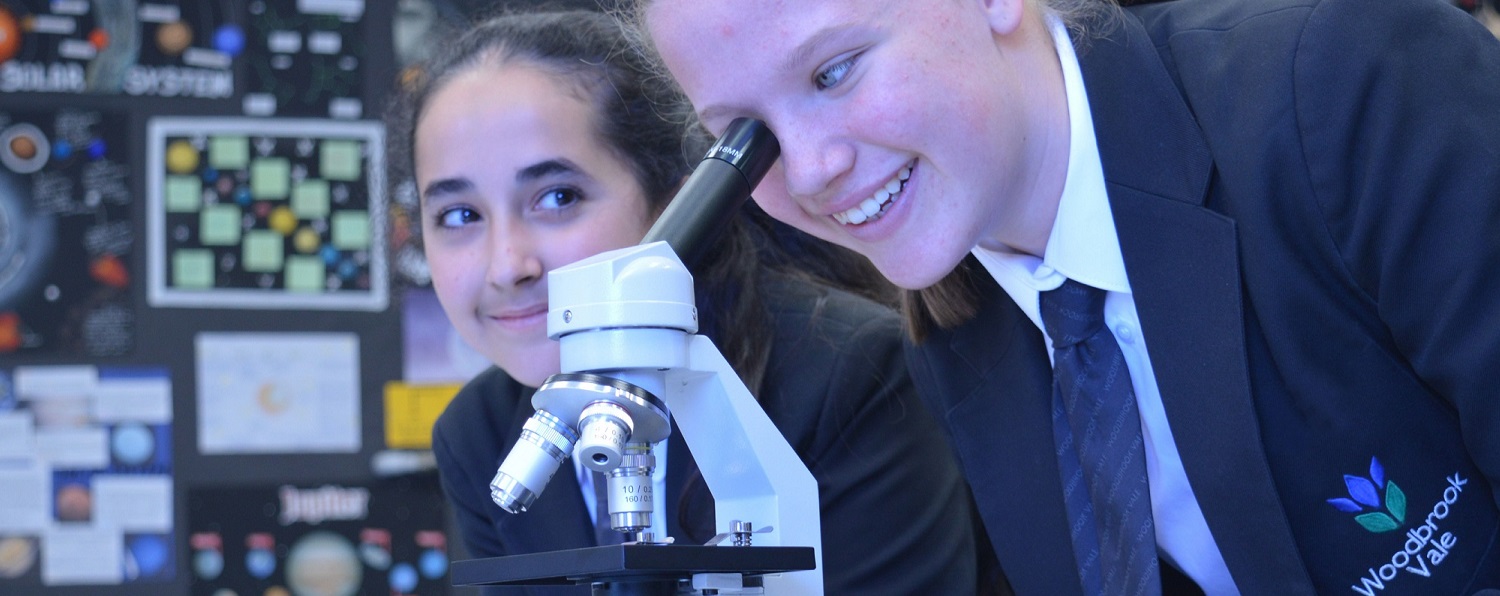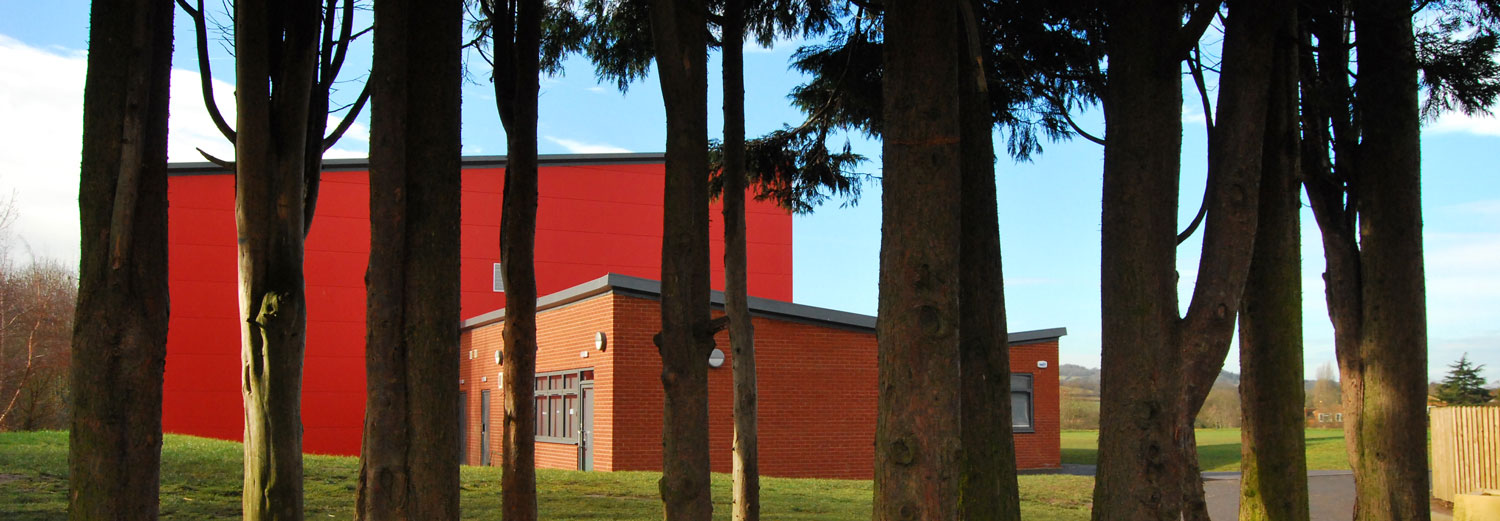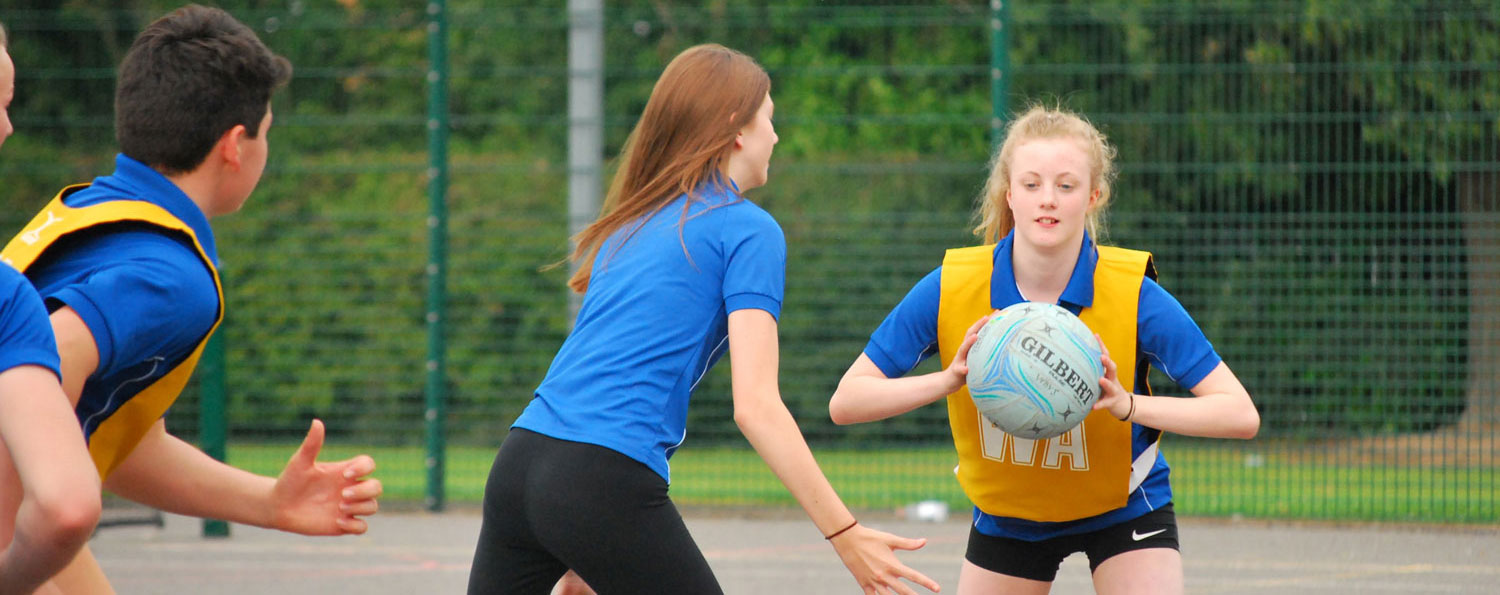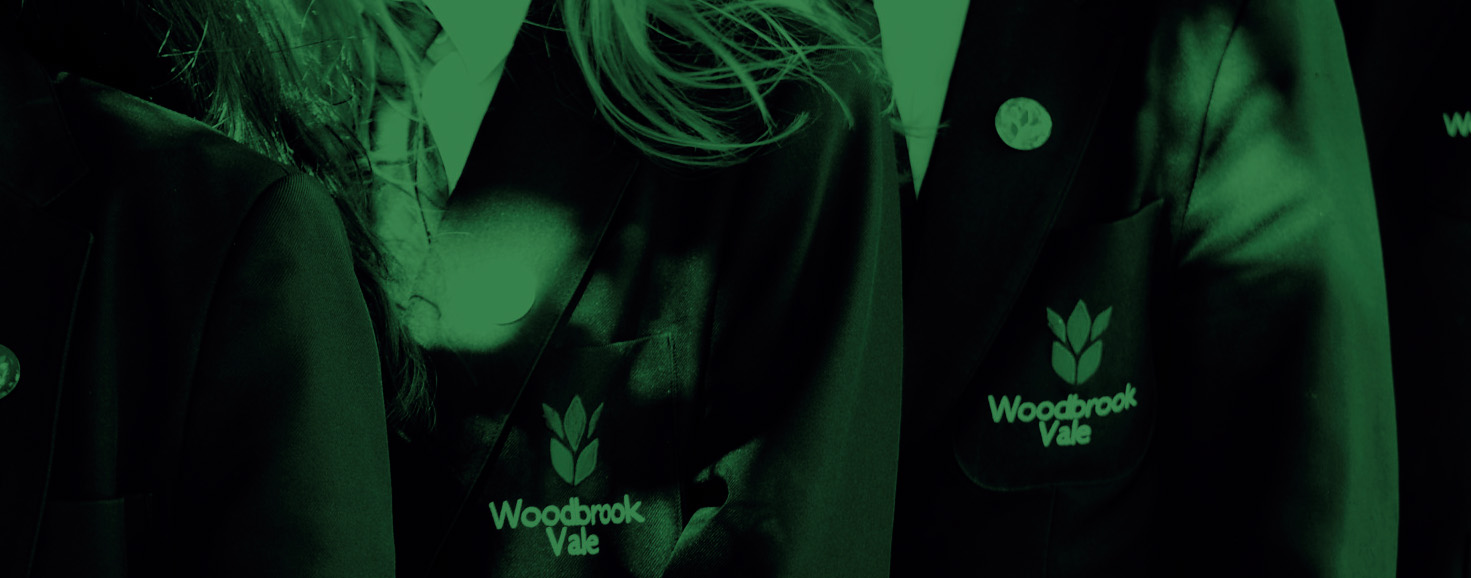Modern Languages
In Years 7 and 8 you will study two lessons per week of both French and Spanish. You will learn how to give information about yourself and your family, what you like to do in your free-time, talk about your school and learn what life is like at school in France, find your way about town and much more besides.
At the end of Year 8, you choose to continue with either Spanish or French in Year 9. You will study this language in Year 9 for three lessons per week. You will learn how to describe your future career plans and ambitions, holidays you have been on and dream about going on, as well as learning how to cope in various interactive situations in francophone or Hispanic countries eg. train stations, eating out, buying clothes. All of this is excellent ground work for GCSE.
At KS4 students can opt to continue with one language or both Spanish and French at GCSE and they have three lessons per week of a language.
All the language-learning techniques you develop at Woodbrook Vale School will help you to learn many other languages in the future.
We concentrate on the skill areas - Listening, Speaking, Reading, Writing and Translating - using a range of activities to help you learn and achieve. Students have the opportunity to perform role-plays, conduct conversations and surveys, play games and work with ICT on our on-line language platform languagenut.com.
We want you to have plenty of opportunities to practise your new language skills and find out about other cultures too.
GCSE French and SPANish
During Key Stage 4 students will be able to take GCSE French, Spanish or both, which build on the skills and understanding developed in Years 7 - 9.
The themes covered during the 2-year course will include:
- Family, friends, technology, free-time, customs and festivals.
- House and home, global and social issues, holidays.
- School, future aspirations, study and work.
The GCSE course requires that all topics are studied in the context of the home nation and Francophone / Hispanic countries.
Teaching Strategies
Students will have access to on-line resources and extension tasks, and the latest audio-visual materials will be used in lessons. A great emphasis will be put on conversation. Students will have opportunities to speak to native speakers. Authentic reading and listening resources will be used to improve your comprehension and you will tackle a variety of writing tasks.
assessment
GCSE languages are assessed in the four skill areas of Listening, Reading, Speaking and Writing, each accounting for 25% of the final marks. Speaking assessments are conducted by your class teacher.
The Listening, Reading, and Writing examinations are sat in the summer term of year 11.
Beyond GCSE
A GCSE in a modern foreign language enables you to take an A-level in that language and is highly valued by employers as well as further and Higher Education providers. With it you will have a competitive edge in the job market, giving yourself increased opportunities to travel and work abroad.
Your MFL teacher will be happy to talk to you about the course and answer any questions you have.

